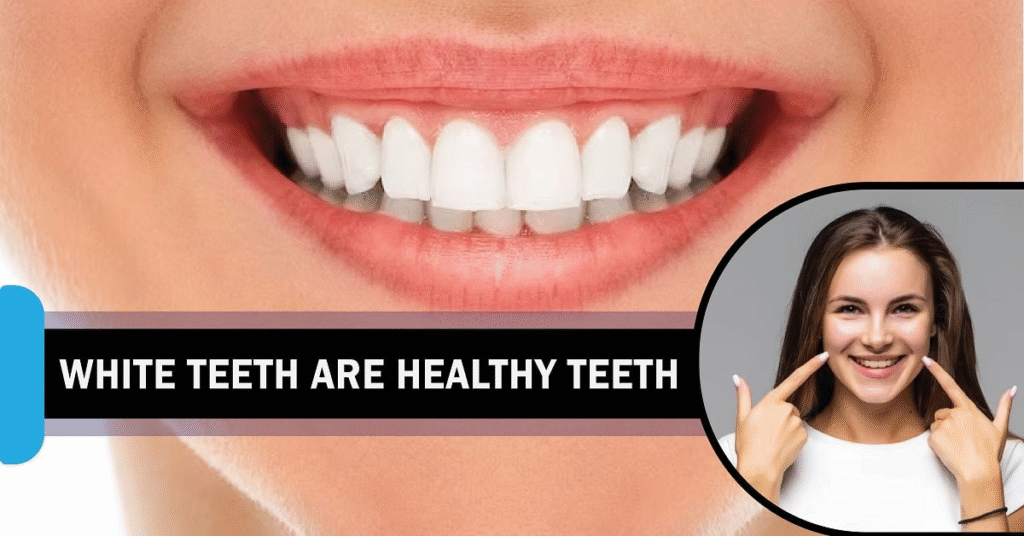Dental Health: Protecting Your Smile and Overall Well-Being

Dental health is an essential part of overall wellness that goes far beyond having a bright smile. Our teeth and gums play significant roles in speaking clearly, chewing food for proper digestion, and even maintaining confidence in social interactions. Poor oral hygiene not only leads to cavities or gum disease but can also increase the risk of more serious conditions throughout the body, including heart and respiratory illnesses.
Taking care of dental health is not difficult but requires awareness, daily habits, and preventive care. By exploring the importance of oral hygiene, common problems, and effective practices, you can understand how to maintain strong teeth and healthy gums for life.
Why Dental Health Matters
Oral health is directly linked to overall health. Here are some of its major benefits:
- Prevention of Decay: Strong teeth free of cavities reduce sensitivity and pain.
- Healthy Gums: Protect against periodontal disease, one of the main causes of tooth loss in adults.
- Support for Digestion: Proper chewing breaks food down for easier digestion and nutrient absorption.
- Confidence: Clean, well-maintained teeth improve your appearance and self-esteem.
- Protection Against Systemic Disease: Studies show poor dental health may increase risks of heart disease, diabetes, and respiratory infections.
A healthy mouth clearly impacts much more than just your smile.

Common Dental Problems
Many people face issues with their oral health at some point. Some of the most common problems include:
- Cavities: Holes in teeth caused by bacteria that produce acids from leftover food particles.
- Gingivitis: Inflammation of the gums that can progress into more serious disease if untreated.
- Periodontitis: Severe gum infection that can damage bone and lead to tooth loss.
- Bad Breath: Persistent odor often caused by poor hygiene, infections, or food choices.
- Tooth Sensitivity: Pain while eating hot or cold foods, often due to worn enamel or receding gums.
- Stains and Discoloration: Common due to coffee, tea, smoking, or certain foods.
Understanding these problems makes it easier to prevent them with proper care.
Factors That Affect Dental Health
Several elements influence the strength of teeth and gums. These include:
- Diet: High sugar and acidic foods increase tooth decay risk.
- Hydration: Saliva protects teeth, so dehydration reduces natural defense.
- Medical Conditions: Disorders like diabetes make gums more vulnerable.
- Hormonal Changes: Pregnancy or aging can influence gum sensitivity.
- Habits: Smoking, alcohol, and teeth grinding all harm oral health.
- Hygiene: Frequency and effectiveness of brushing and flossing matter most.
By controlling these factors where possible, you can strengthen oral defenses.
Daily Habits for Good Dental Health
Consistency is the secret to strong, healthy teeth and gums. Add these essential habits to your routine:
- Brush Properly Twice Daily
Use fluoride toothpaste and brush for at least two minutes, cleaning all surfaces including along the gumline. - Floss Every Day
Flossing removes plaque and food particles where toothbrush bristles can’t reach. - Use Mouthwash
Antibacterial rinses reduce plaque, freshen breath, and prevent gum problems. - Limit Sugar and Acidic Foods
Candies, sodas, and processed snacks encourage cavity formation. - Eat a Balanced Diet
Foods rich in calcium, phosphorus, and vitamin D strengthen bone and enamel. - Stay Hydrated
Drinking water increases saliva flow, washing away debris and neutralizing acids. - Avoid Harmful Habits
Smoking, chewing tobacco, and excessive alcohol damage teeth and gums.
The Role of Professionals in Dental Health
Even with good home care, professional attention is vital. Dentists can:
- Perform cleanings that remove tartar and hardened plaque.
- Detect cavities, gum disease, or oral cancer early.
- Take X-rays to find hidden issues like impacted teeth.
- Provide orthodontic care for misalignment.
- Give advice tailored to your dental condition.
Most experts recommend seeing a dentist every six months for preventive care.
Dental Health and Overall Wellness
The mouth is often called the “window to your body’s health” because of its deep relationships with systemic functions. Poor oral hygiene can lead to:
- Heart Problems: Gum bacteria may contribute to clogged arteries.
- Diabetes Complications: Gum disease can make blood sugar harder to control.
- Pregnancy Risks: Severe gum disease has been linked to premature birth.
- Lung Infections: Bacteria from the mouth can travel to the respiratory system.
Maintaining strong oral health plays a preventive role in many chronic illnesses.
Dental Health for Children and Seniors
Oral care should begin in childhood and continue into old age.
- Children: Teach kids proper brushing with fun toothbrushes and supervise until they develop good habits. Limit sugary snacks and encourage dental visits early.
- Seniors: Older adults may face dry mouth due to medications, gum recession, or tooth loss. Regular checkups, proper hydration, and dental appliances help maintain oral function.
Both groups benefit from early prevention and regular monitoring.
Final Thoughts
Dental health is not just about avoiding cavities; it is about protecting your entire well-being. A healthy mouth allows you to eat comfortably, smile confidently, and avoid systemic diseases linked to poor oral hygiene. With daily brushing, flossing, a balanced diet, hydration, and professional care, keeping teeth and gums healthy is easier than most people think.



